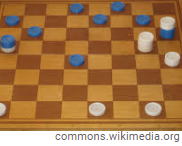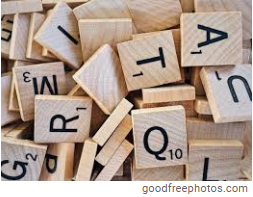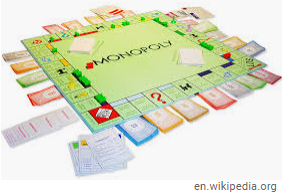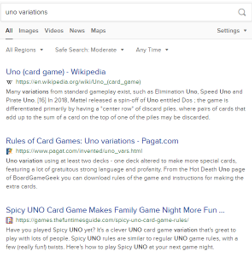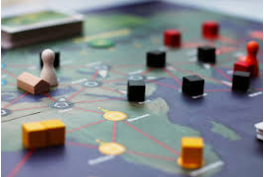You thought it was just fun and games? Well it IS fun and games; but it’s not JUST fun and games. The above list identifies some of the skills and experiences educators and parenting experts believe are prompted by playing board games. (Follow this link for a list of articles on the benefits of board games.)
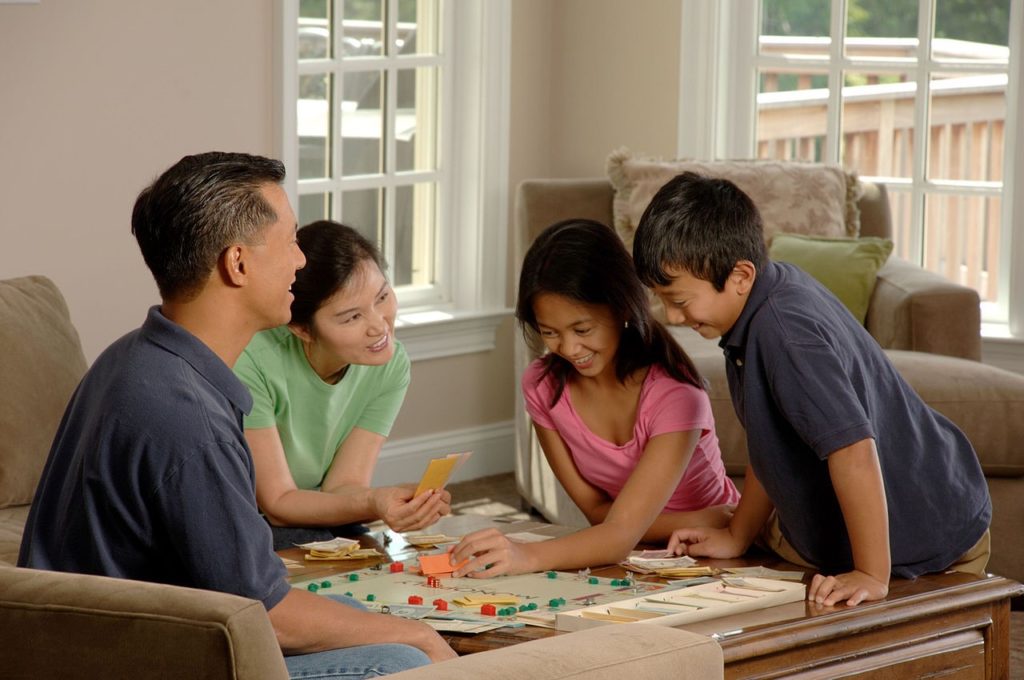
This is not to say that video games never promote these skills, or that board games are inherently better than video games. But board games do bring people together, face to face, around a table. They are tactile, usually involving the manipulation of physical objects. And I think most people agree that sometimes kids need to get off the screen and engage in the physical world right in front of them.
This is always true, but for children who are still experiencing most of their school and enrichment time virtually, these tangible experiences take on new importance.
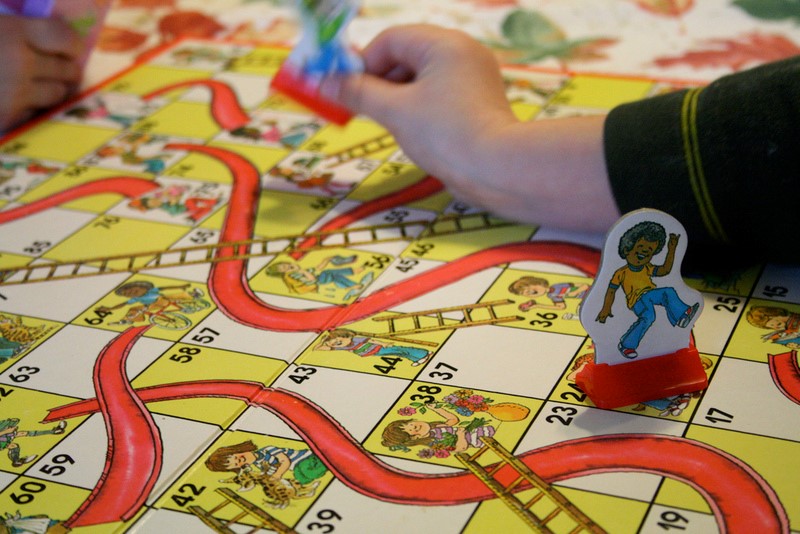
Experts who have explored the benefits of board games identify opportunities in even the simplest games. Candyland® and Chutes and Ladders®, as examples, have the potential to help young children with counting, color recognition, turn taking, and coping with setbacks. As children age, however, I think it is important to make sure your game shelf includes games that have the potential to develop some more complex skills.
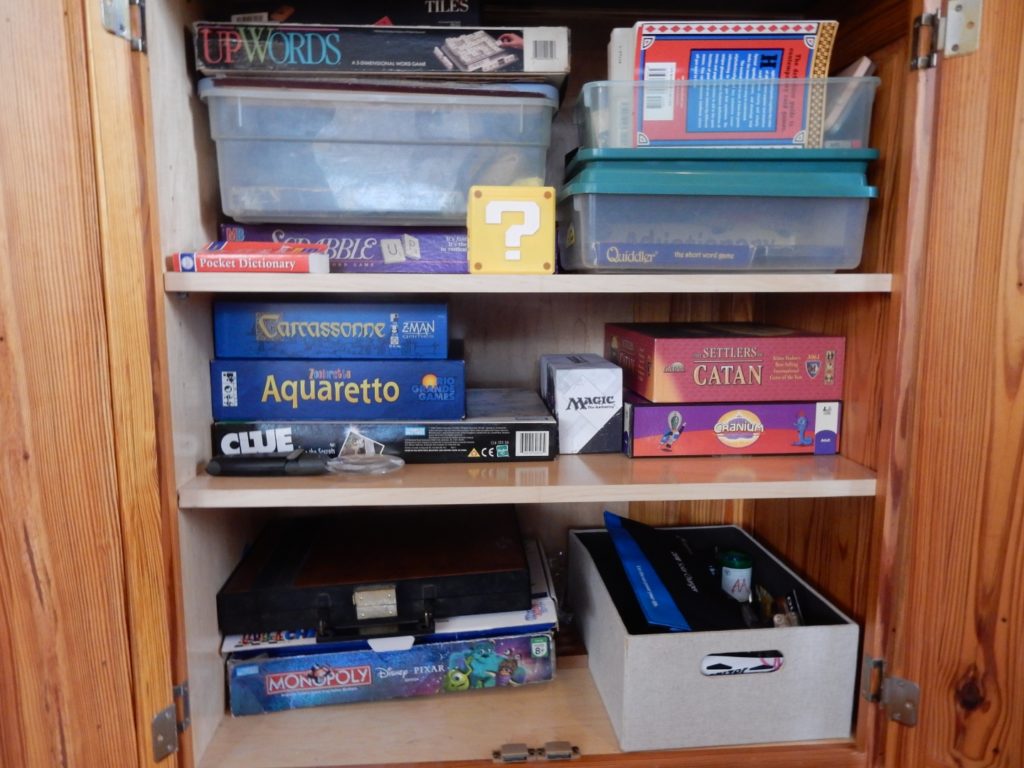
I asked the owners of Charlottesville toy stores Alakazam and Shenanigans to recommend a few of their favorite games for combining fun with skills development.
Amanda Stevens of Shenanigans responded:
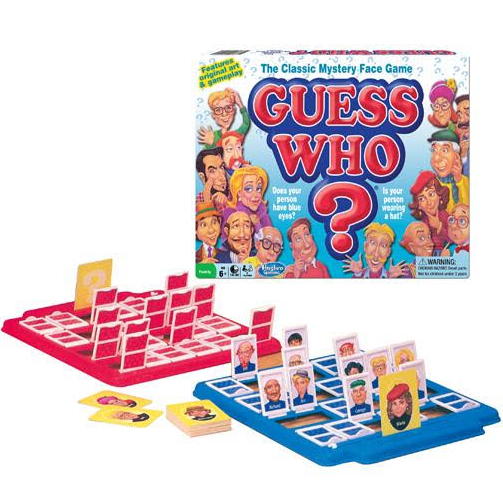
The throwback game, Guess Who, is a fun, timeless game that challenges players to use their deductive reasoning skills. Developing strategies for guessing the correct character with the fewest amount of guesses engages logical thinking and reasoning skills for players of any age.
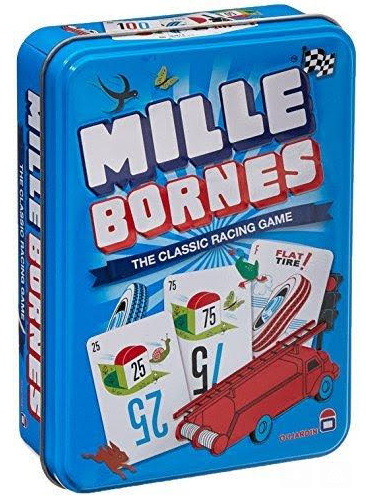
Mille Bornes is a card game with a racing theme. You want to be the first player to travel 1000 miles by earning miles through the cards in your hand. Watch out for challenges as opponents can throw down obstacles cards that cause you to “break down” and lose miles. While not an obvious “educational” game, this game requires the players to be mentally adding two and three digit numbers, increasing number flexibility and mental math skills. There is also quite a bit of reasoning and strategy employed to impede the other players! This is a great game for kids and a regular at my adult game nights!
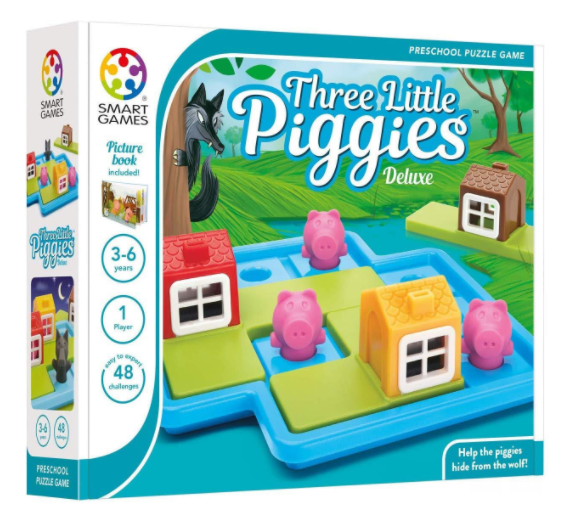
Three Little Piggies by SmartMax is one of my all-time favorite games for preschoolers. It is a single player game in which players set up the game board and then have to put each piggie in a house while keeping the wolf out of the house. This game requires players to execute a guess and check strategy and experience facing challenges in an engaging and fun way. There is only one correct answer to each puzzle! The lessons from this game are many – hard work pays off when you finally solve the challenge and struggling a little bit while you solve a problem is a good thing as you can eliminate possibilities. It also suits their attention span and they can play for as long or as short a time as they want. Fantastic fun for kids, and I dare adults to not get hooked on this game, too!
Ellen Joy of Alakazam shared these tips and favorites.
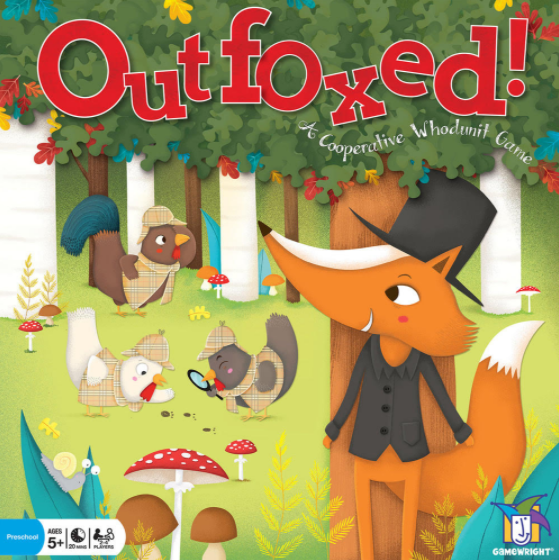
One of my most important qualifications for a board game for the younger set is that it must be fun for parents to play as well, and Outfoxed is always my first recommendation for early game play for that reason. It’s easy to learn and fun for the whole family! A pot pie has gone missing, and players must deduce who the guilty party is before the fox gets away! Outfoxed game play centers around deductive reasoning: players have to search for clues and use their observations to eliminate potential suspects. It’s a cooperative game, so children have to use social and emotional skills to work together to come up with a strategy to win. Skills used: deduction, visual discrimination, and cooperation.
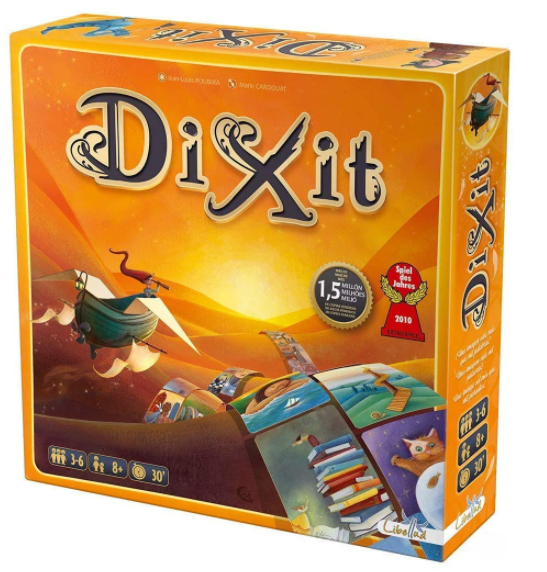
Dixit is another favorite. It’s a wonderful storytelling game that develops abstract thinking, picture comprehension, and creative expression through language. One player is the storyteller for the turn and looks at the images on the 6 cards in her hand. From one of these, she makes up a sentence and says it out loud (without showing the card to the other players). Each other player selects the card in their hands which best matches the sentence and gives the selected card to the storyteller, without showing it to the others. The storyteller shuffles her card with all the received cards. All pictures are shown face up and every player has to bet upon which picture was the storyteller’s.
If nobody or everybody finds the correct card, the storyteller scores 0, and each of the other players scores 2. Otherwise the storyteller and whoever found the correct answer score 3. Players score 1 point for every vote for their own card. The game ends when the deck is empty or if a player scores 30 points. In either case, the player with the most points wins the game. Skills used: abstract thinking, picture comprehension, creative expression through language, addition (point calculation)
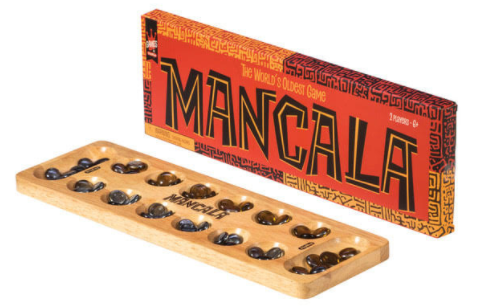
Mancala is a classic…and by that I mean it’s been around for over 1000 years! The Mancala board is made of two rows of six pockets, or “pits”. Four stones are placed in each pit, and each player has a Mancala or “store” on his or her end of the board. The object of the game is to collect the most pieces into your Mancala by moving the stones clockwise around the board. This game develops a math skill called subtizing, which is the ability to instantly recognize “how many” in a small set. It’s a skill that we use with dice, for example, but in this case is used to quickly assess how many stones are in the pit by looking at them. Mancala also requires critical thinking: players have to think ahead and strategize to win. Beyond all of that, this ancient game offers an opportunity for a history and culture lesson! Skills used: fine motor skills, math, critical thinking, social science.
Everyone Should Be Included
The article Making Games Work for Kids of All Ages and Needs, (Child Mind Institute) offers some great ideas on adapting popular games for children with diverse abilities.
Our blog post Cooperative Games for Families suggests ways for changing up classics, such as Candyland and Monopoly to adapt them as cooperative games with opportunities for diverse players to participate.
One concern that I have about board games is that while some games that promote cognitive development are relatively affordable, many other games are out of reach for struggling families. Buying used games may not be an option, since game pieces get lost and boards and cards are easily damaged. We are currently launching a project to get quality board games into the homes of low income children through food distribution and housing programs. Your support for this program will help us purchase high quality games for families with limited resources. Please designate “games” with your donation.
In our next post, I will share three picks of my own, along with some picks from board game reviews, and compile all these into a wish list for distribution to financially struggling families.



